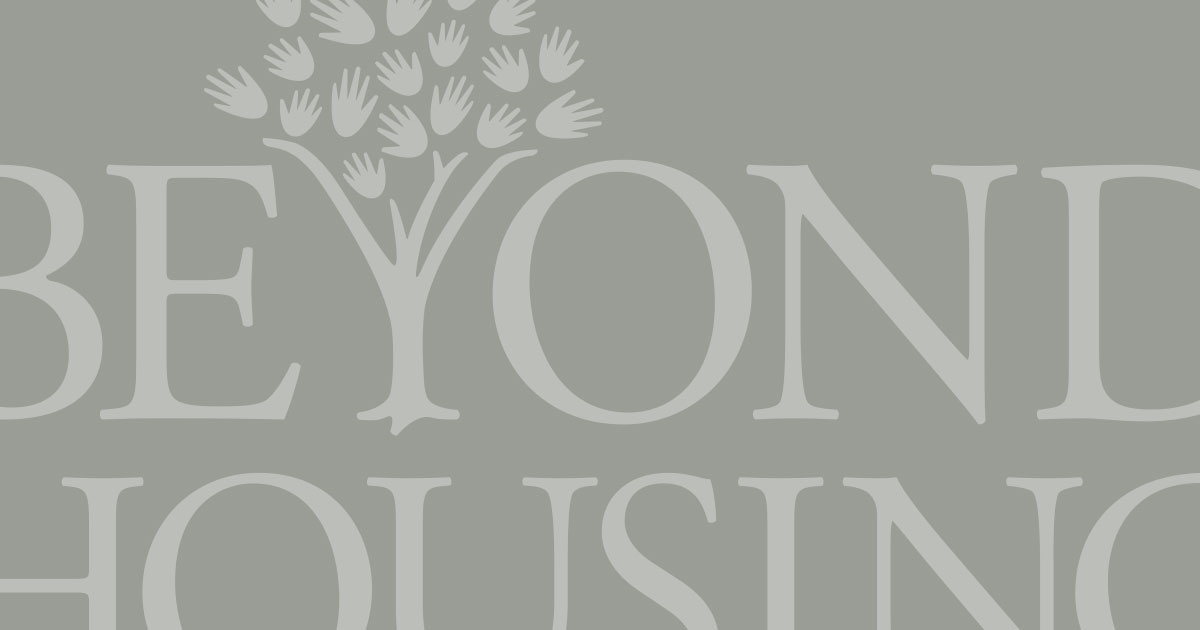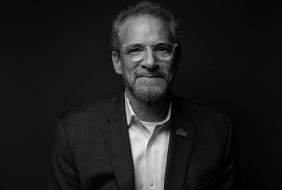Let’s imagine for a moment a different kind of St. Louis. A St. Louis that not only made the current shortlist of 20 cities vying to become the home of Amazon’s second North American headquarters, but actually went on to win.
What would that St. Louis look like?
To beat out over 200 cities in North America, this St. Louis would have a lot going for it. Most likely, we’d already have a few more Fortune 500 companies calling our region home. Our thriving economy would attract top talent from around the nation. Demand for office space would be high, with few vacancies and new buildings rising up all over to meet the demand. Job growth would be impressive — not just minimum wage jobs, but jobs that actually enable our citizens to pay for the rising property values and rents and feed their families.
Our cultural institutions — from Forest Park to our zoo, our symphony and the Cardinals — would be strong as ever. The difference is, they’d be surrounded by equally strong and vibrant neighborhoods filled with retail shops and restaurants.
Communities everywhere would be thriving, and not just in select regions but from east to west, north to south. In this St. Louis, our leaders in both the city and county would’ve realized long ago that allowing communities to deteriorate into poverty holds us all back, and that we can’t possibly progress as a region by leaving large swaths of our geography behind. To turn the tide, we’d have chosen to face our long-standing issues of economic and racial disparity years ago, and start investing in and upgrading communities in need, much like we invest in our beloved cultural institutions and universities to keep them at the highest standard. By now, those investments would’ve paid out many dividends.
To attract an e-commerce giant like Amazon, this St. Louis would be a shining beacon of the Midwest, ranking high every year on the lists of the best places to live, and Ferguson would just be a name for one of many successful towns north of Highway 70.
Of course, that’s not the St. Louis we are. But it’s the St. Louis we all want to become. Whether we do or not is entirely up to us.
At this present time, we simply have way too many challenges that we haven’t truly addressed to attract a company the size of Amazon. Issues like the lingering negative connotations to Ferguson, our national reputation as a violent city, historical institutional racism and failing public schools to name a few.
If we’re going to truly progress as a region, it’s time to finally face the underlying issues that are holding us all back. Ferguson should’ve been the flashpoint that woke us up to take meaningful action.
So, what’s really needed? The research and the data are in, and it’s perfectly clear if we just make the effort to look.
Research from the MacArthur Foundation, The Urban Institute, The Kresge Foundation and many others have affirmed that investing in comprehensive community building is the way forward for so many parts of our country, including St. Louis. Here locally, The Ferguson Commission and For the Sake of All have each flagged our collective challenges and given clear recommendations paving the way forward. Their recommendations mirror the strategy of comprehensive community building, which is the approach we’ve been taking for a decade now at Beyond Housing.
Our long effort in the boundaries of the Normandy School Collaborative has shown us that there is no one silver bullet. Every aspect of a healthy community — education, housing, health, jobs and economic development — must be addressed in order to truly move a community forward.
For example, you can’t fix education without first addressing the issue of poverty. We’ve implemented programs that reduce poverty’s negative affect on children, families and schools, and worked to reach kids early before they fall behind.
Like many other communities, we’ve knocked down vacant and inhabitable homes. The difference is we’ve replaced these buildings with new, affordable housing. That way, children and their parents aren’t forced to move, and our communities and people have a chance to flourish and grow.
We also started a community land trust to fund employment opportunities and economic development, including a brand new 24:1 Cinema and community banking. We’ve implemented health services for new and expecting mothers. And we’ve helped these municipalities collaborate on services to save hundreds of thousands of dollars.
Through our comprehensive approach, we have invested over $120 million into our community and have seen great strides forward.
Has everything changed overnight? No.
But we’re all too familiar with what happens when we do nothing or just enough to feel like we’ve checked the box and can move on. Benign neglect is not a strategy. It’s a losing proposition for all. We can no longer sit idly by as neighborhood after neighborhood deteriorates in our region. It’s time to acknowledge that what we’ve done historically hasn’t worked.
Comprehensive community building is a real strategy. Our region can make real sustained progress if we begin investing our communities in a real and meaningful way. It’s good to invest in our zoo, our museums and universities. But just imagine if we saw the same kind of government and philanthropic commitment to our communities as well. It’s not an either-or issue — it’s an “and both.” After all, what good is investing in our cultural institutions if the communities around them are going to hell?
There are many exciting things going on in our region, but we have yet to make our neighborhoods a priority. And doing so is in everyone’s best interests, no matter where you live.
Amazon may well be out of our reach, but true, meaningful progress for our region isn’t.
We have the desire to be better. What we’re missing is the fortitude to do the hard work that’s needed and necessary.
That has to change.
If it doesn’t, we stand to lose a whole lot more than Amazon.


